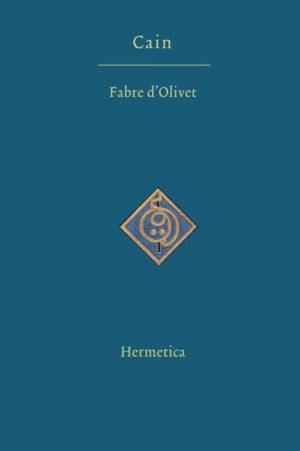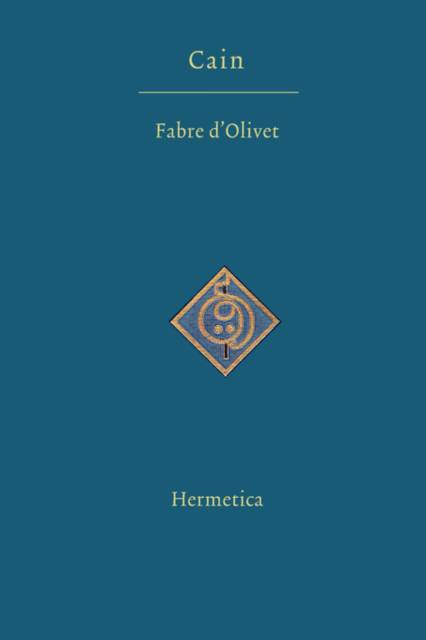
- Retrait gratuit dans votre magasin Club
- 7.000.000 titres dans notre catalogue
- Payer en toute sécurité
- Toujours un magasin près de chez vous
- Retrait gratuit dans votre magasin Club
- 7.000.0000 titres dans notre catalogue
- Payer en toute sécurité
- Toujours un magasin près de chez vous
19,45 €
+ 38 points
Description
Antoine Fabre d'Olivet (December 8, 1767-March 25, 1825) was a French author, poet, and composer whose biblical and philosophical hermeneutics in?uenced many occultists, such as Eliphas Lévi and Gerard Encausse (Papus), and René Guénon. D'Olivet spent his life pursuing the esoteric wisdom concealed in the Hebrew scriptures, Greek philosophy, and the symbolism of many ancient cultures as far back as ancient India, Persia, and Egypt. His writings are considered classics of the Hermetic tradition. His best known works today are his research on the Hebrew language (The Hebraic Tongue Restored), his translation and interpretation of the writings of Pythagoras (The Golden Verses of Pythagoras), and his writings on the sacred art of music. In addition to the above works, Hermetica has published in consistent facsimile format for its Collected Works of Fabre d'Olivet series The Healing of Rodolphe Grivel, as well as Hermeneutic Interpretation of the Origin of the Social State of Man and the Destiny of the Adamic Race. D'Olivet's mastery of many ancient languages and their literatures enabled him to write (in the time of Napoleon) this latter work, which remains a landmark investigation of the deeper esoteric undercurrents at work in the history of culture. The Mosaic cosmogony of Fabre d'Olivet is derived in its entirely from the Sepher of Moses, and one should have read his translation of the Bereshith to comprehend how the esoteric ideas of the Egyptians upon the creation differ from the simple narratives of the exoteric translators of Moses, and are, instead, writings containing the chronicle of the human soul, its origin, phases of involution and evolution, and the means whereby it may ultimately regain its origin. From Translator's Foreword Cain and Abel are the two primordial forces of elementary nature. These are the first two cosmogonic beings produced by Eve, when after a certain movement toward elementary nature, she has lost her name of Aisha, which designated the intellectual nature of Adam, to take that of Eve, which expresses no more than the material life of this universal being. From author's letter to Lord Byron
Spécifications
Parties prenantes
- Auteur(s) :
- Traducteur(s):
- Editeur:
Contenu
- Nombre de pages :
- 284
- Langue:
- Anglais
Caractéristiques
- EAN:
- 9781597312028
- Date de parution :
- 15-11-07
- Format:
- Livre broché
- Format numérique:
- Trade paperback (VS)
- Dimensions :
- 152 mm x 232 mm
- Poids :
- 408 g

Les avis
Nous publions uniquement les avis qui respectent les conditions requises. Consultez nos conditions pour les avis.






